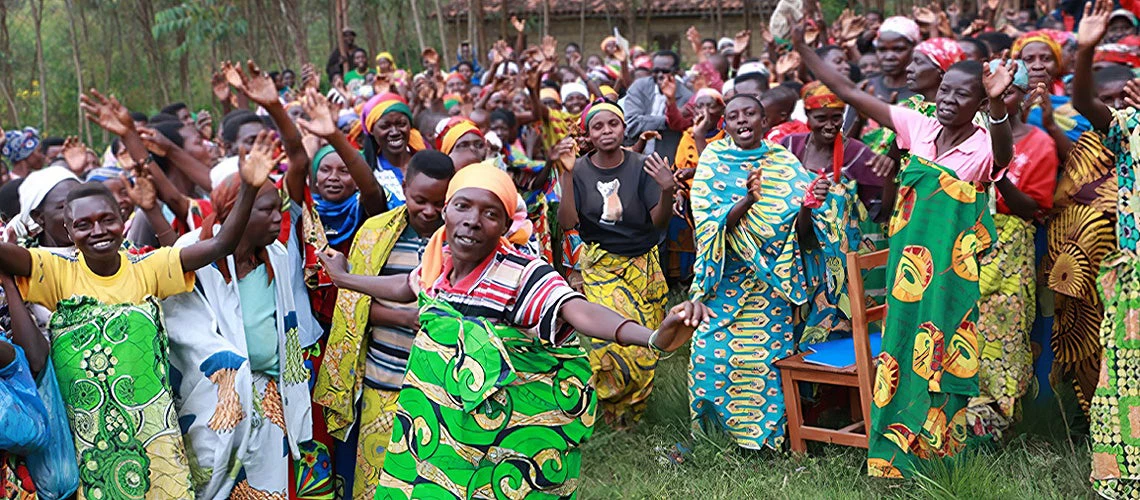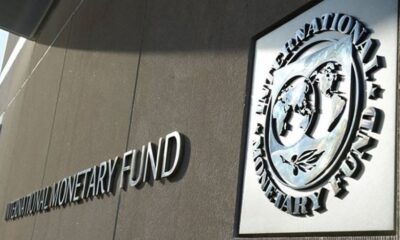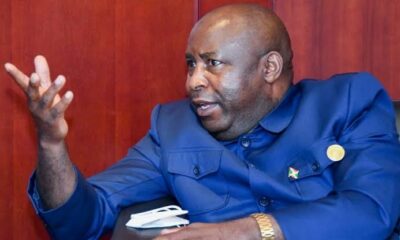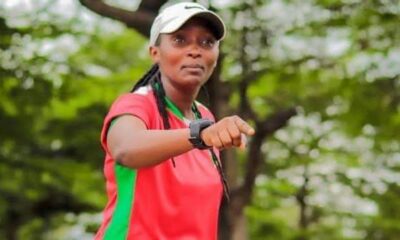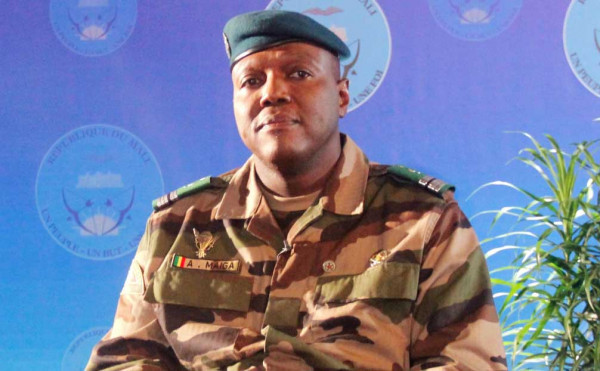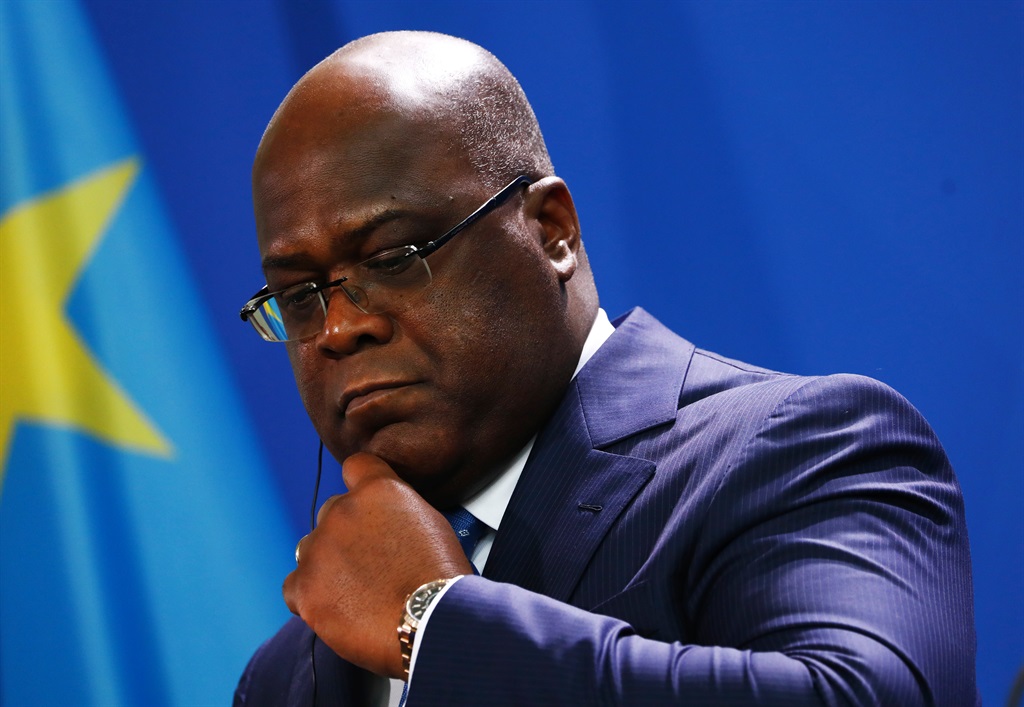Burundi’s National Census of the Population, Housing, Agriculture, and Livestock has begun as President Evariste Ndayishimiye urged citizens to provide accurate information to aid in project development.
The president of state urged Burundians and foreigners living in Burundi to be counted and to be truthful with information.
“Everyone must know that this census is important for the country and the population. Based on this census, we will be able to get the right state of the country, and its economic situation, and enable us to make good project plans, because it is difficult to plan for the future without knowing the current situation. I call on residents of Burundi to respond truthfully and honestly in the questionnaire because wrong information may hinder project planning,” the President said.
Census personnel, supervised by the president of the Central Bureau of the Census, Nicolas Ndayishimiye, registered President Ndayishimiye and his family at their home on Mt Vugizo in Bujumbura’s Kiriri Quarter.
Vice-President Prosper Bazombanza and his family also participated in the exercise on Monday, and he echoed the President’s message, adding that accurate data would aid in the design of education and other social services.
However, this year’s count has presented complications, with enumerators reporting difficulty locating certain residents due to abandoned homesteads.
The agents are also dealing with travel and accommodation issues as a result of delays in the disbursement of their allowances, and many have had to walk great distances during the day to reach residential neighbourhoods.
In a news briefing last week, Central Bureau of Census Director Nicolas Ndayishimiye stated that the government has set aside BIF66 billion ($22.85 million) to fund the activities, with the World Bank pledging an additional $6.5 million.
Burundi’s last population and housing census was done in 2008. The ongoing exercise is scheduled to end on September 15.
Since its independence in 1962, Burundi has undertaken three censuses: in 1979, 1990, and 2008. The country now has five provinces: Gitega, the political capital; Bujumbura, the economic capital; and Butanyera, Buhumuza, and Burunga.

 Sports2 days ago
Sports2 days ago
 Metro2 days ago
Metro2 days ago
 Metro1 day ago
Metro1 day ago
 Culture2 days ago
Culture2 days ago
